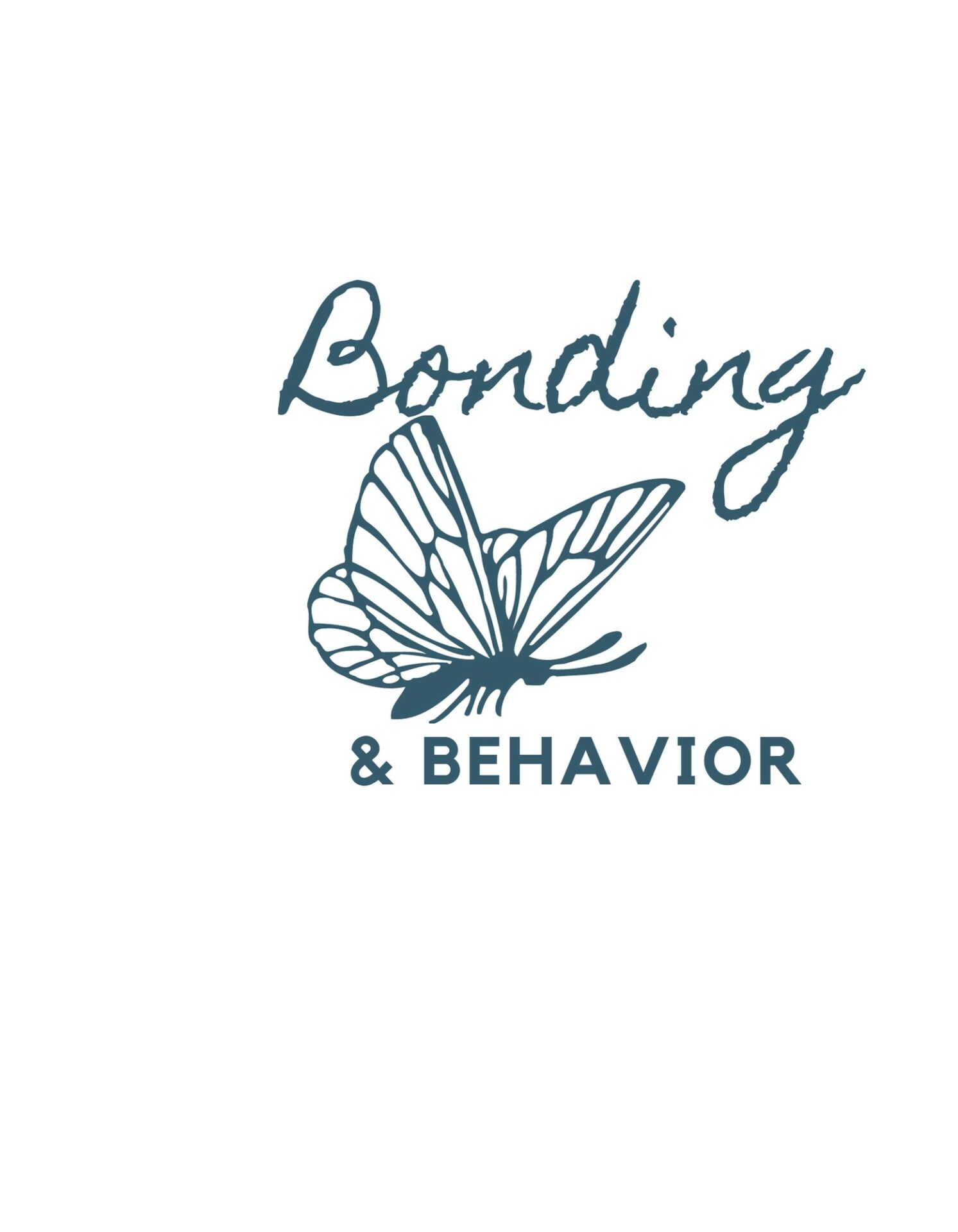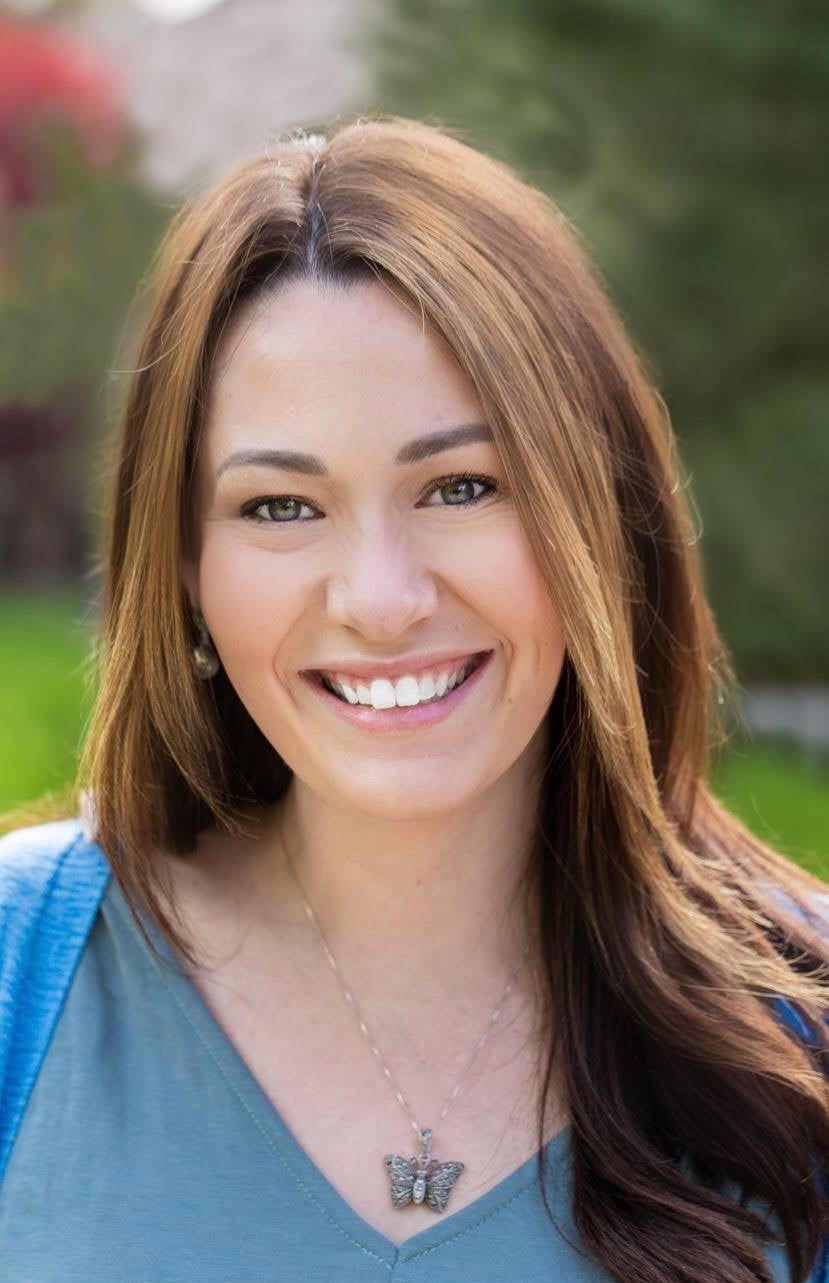Alright – so today we’ve got the honor of introducing you to Cassandra Williams. We think you’ll enjoy our conversation, we’ve shared it below.
Hi Cassandra, thank you for joining us today and sharing your experiences and acquired wisdom with us. Burnout is a huge topic these days and so we’d love to kick things off by discussing your thoughts on overcoming or avoiding burnout
Avoiding and, at times, overcoming burnout is inherent in working in any helping profession. Throughout my education professors would often preach the value of “self care” with minimal information on what that actually meant. I find that often when we think of self care we immediately jump to spa treatments, shopping sprees, vacations, and luxurious relaxation. Although that self care has its place and is obviously pleasurable, it’s not an effective way to avoid or overcome burnout. Foundational self care is a necessity for addressing burnout and compassion fatigue. These are things like daily movement, sleep hygiene, boundaries, recharging our social batteries and ritualistic coping patterns (skills that we apply every day, not just when we need them).
I came down with my first case of burnout just over a year into my career when I was working in community mental health. I was managing two roles; one as an in-home psychotherapist, and the managing the non-profit program including supervising other providers. My self care included things like venting to peers on the phone (sometimes for an hour or more), zoning out to TV shows or staying up late in an attempt to recoup free time which inevitably lead to me checking my email frequently and working all hours.
I slowly began setting boundaries around my work availability short of emergencies, incorporating daily movement even if it was just a walk to the mail box, turning off email notifications, regimenting my schedule and being mindful about my self care, and recognizing the relationships in my life that were reciprocal. As a therapist, there’s an expectation that there is not reciprocity in the majority of relationships I am a part of… and that’s appropriate! However, I didn’t realize until I experienced burnout how lonely a job that is comprised of talking to other people can really be.
As a seasoned therapist and private practice owner I have carried that view of self care for years. Ultimately, it comes down to work-life balance and overall wellness. Go figure, the therapist had to learn a lesson in mental wellness!
Appreciate the insights and wisdom. Before we dig deeper and ask you about the skills that matter and more, maybe you can tell our readers about yourself?
I am a Licensed Clinical Social Worker (LCSW). I specialize and attachment and trauma in my therapy practice. I founded Bonding and Behavior approximately five years ago to fill a need I recognized in my community for effective trauma treatments for people of all ages. Bonding and Behavior is now a group practice with a team of amazing clinician’s that I am endlessly grateful to work with. We provide a broad range of psychotherapy services to individuals, couples, families and groups including, but not limited to; your typical cognitive approaches, IFS, EMDR, Somatic Experiencing, play based approaches, yoga and even psychedelic therapy.
If you had to pick three qualities that are most important to develop, which three would you say matter most?
Some of the best knowledge I obtained related to self care and managing being a person first, and helping professional second. The best advice I received and that I would like to pass along to those early in their journey as healers is to find a way to be your most authentic self in your work. Empirically and anecdotally it has been proven that healing does not come from any fancy modality or intervention alone (they sure do help!), it first comes from the safety of a healthy relationship.
To close, maybe we can chat about your parents and what they did that was particularly impactful for you?
The most impactful thing my parents did for me was offer me a safe and loving childhood that fostered empathy for others. As someone that treats trauma and attachment, I spend several hours each week with individuals that cannot say the same. It is never lost on me the immense privilege that I hold as someone whose early childhood was not compromised and that is because of my mom and dad. Our attachment style is develop in the first 3-4 years of our lives and provides the lens we view the rest of the world view. The development of our attachment determines, on a spectrum, whether or not we view the world and people in it as inherently safe… or not.
Contact Info:
- Website: www.bondingandbehavior.com
- Instagram: @lcswcassandrasays
- Linkedin: https://www.linkedin.com/in/cassandra-williams-msw-lcsw-6424a8113


Image Credits
Headshot with blue sweater by Kevin Banker




